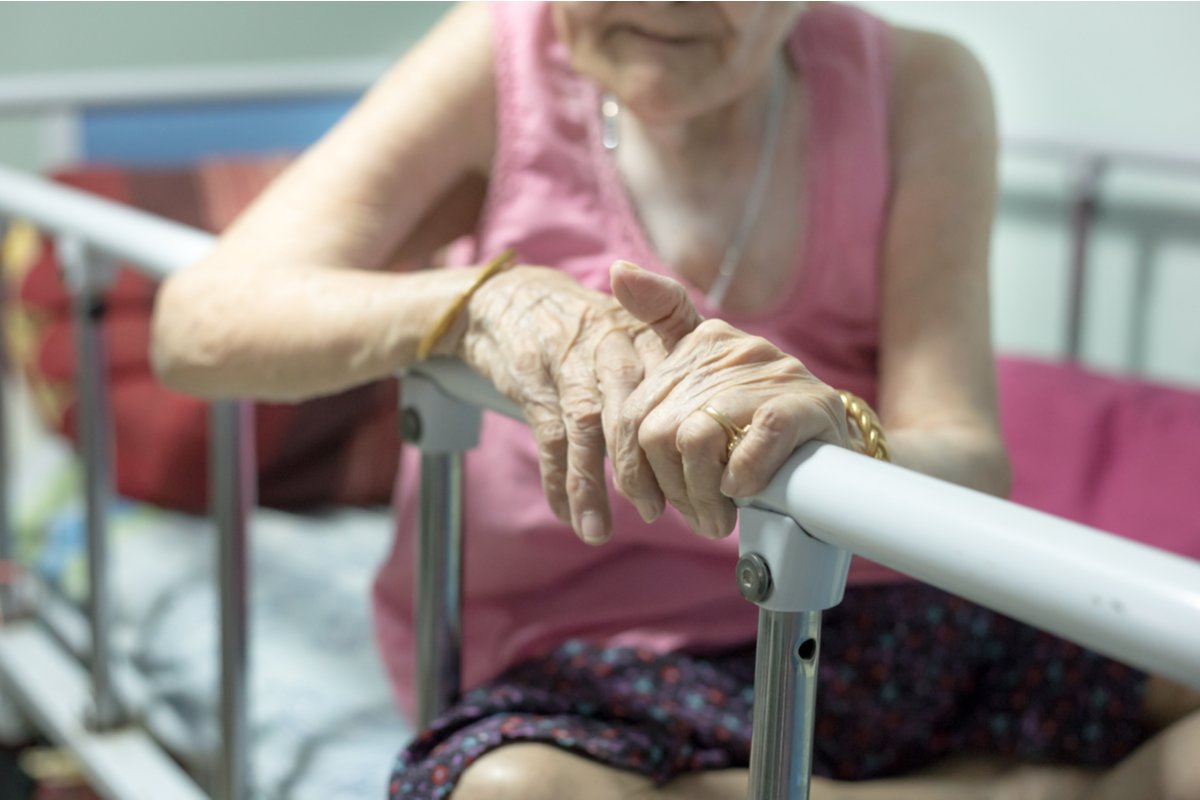
If someone is caring for your loved one and you are unable to consistently monitor interactions between them, you need to be able to recognize signs of the different types of abuse. While some forms of elder abuse might be more harmful than others, both can pose a significant impact on the health of your loved one. Here are some warning signs, risk factors, and types of elder abuse that you should look out for if you suspect that your loved one is being harmed.
Warning Signs of Elder Abuse and Neglect
While elder abuse and neglect are similar in several ways, they have two different meanings. Abuse can be described as an intentional pursuit of injury, harassment, withdrawal of care/service, isolation, or use of restraints to inflict pain on someone. Elder abuse can severely impact your loved one’s psychological, physical, and financial welfare. Some signs of elder abuse that you may notice include:
- Bruises, broken bones, lacerations
- Significant weight loss or undernourishment
- Poor hygiene
- Anxiety, depression, or confusion
- Detachment from family or friends
- No explanation for loss of money or charges
On the other hand, neglect stems from an insufficient level of care, intentional or not. Unwillingness to meet an elder’s basic needs can be just as detrimental as abuse. Signs of elderly neglect include:
- Bedsores or ulcers
- Being left unsupervised for a long period of time
- Lack of hygienic practices
- Failure to nourish and hydrate elder with proper meals, drinks, or medicine
- Lost medical aids, like glasses, walkers, hearing aids, or dentures
- Unsanitary living spaces
What are Risk Factors for Elderly Mistreatment?
Although any elderly person can be a victim of abuse or neglect, certain individuals have a higher risk of experiencing it. Common factors that affect risk of elderly mistreatment include:
- Relationship Type: If the caregiver and elder live in a shared space, or if the caregiver is spouse or child
- Caregiver Factors: Mental illness, alcohol dependency, stress, hostility, or history of violence or aggression
- Elder Factors: Gender, age, illness, personality, health status
- Social Context: If all the caregiver does is work, they may feel distant from their life; if elders have little to no family or live alone, this can cause loneliness and isolation
Types of Elder Abuse
Elder abuse can have lasting consequences, including grave emotional suffering, debilitating physical injuries, or even death. While you may be able to notice cuts or bruises right away, other symptoms may be harder to identify. Knowing how to distinguish the types of elder abuse can help prevent or stop it. Common types of elder abuse include:
- Physical: Intentional act by way of contact with the body, causing welts, scrapes, sores, concussions, broken bones, or burns
- Emotional: Verbally threatening, screaming at, or instilling fear in an elderly person, causing isolation or hesitation to talk freely
- Financial: Taking control of an elderly person’s bank accounts and making unauthorized transactions, causing confusion
- Sexual: Nonconsensual sexual contact, causing an elderly loved one to feel pain in genital areas or have bruises and unexplained sexually transmitted diseases
If you happen to notice that a caregiver becomes aggressive or withdraws from properly caring for your loved one, act immediately before things get worse. Don’t let the little things slide; that might show the caregiver that their behavior is acceptable in treating your loved one poorly. Set boundaries from the beginning, and if these boundaries are broken, your loved one deserves justice.
Notice Signs of Elder Abuse? Call Dalli & Marino, LLP for Help
Understanding the warning signs of elderly mistreatment can help you ensure that your loved one is treated with the respect and proper care that they deserve. If you suspect that the life of your elderly loved one is being put at risk by a neglectful caregiver, speak up as soon as possible. Don’t wait until it’s too late to report the situation to authorities and seek trusted legal counsel to determine what can be done to secure justice.
At Dalli & Marino, we are committed to helping victims of nursing home abuse receive financial compensation for their injuries and losses, and we strive to make the legal process as seamless as possible for families who don’t have experience in these challenging situations. Over the past two decades, our New York nursing home abuse lawyers have built an extraordinary reputation by attaining favorable verdicts and settlements for our clients. Reach out today to schedule a free case evaluation with an experienced nursing home abuse lawyer at Dalli & Marino by calling 888-465-8790 or completing our contact form.


